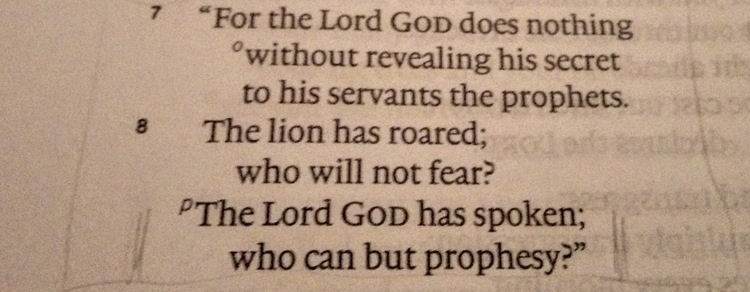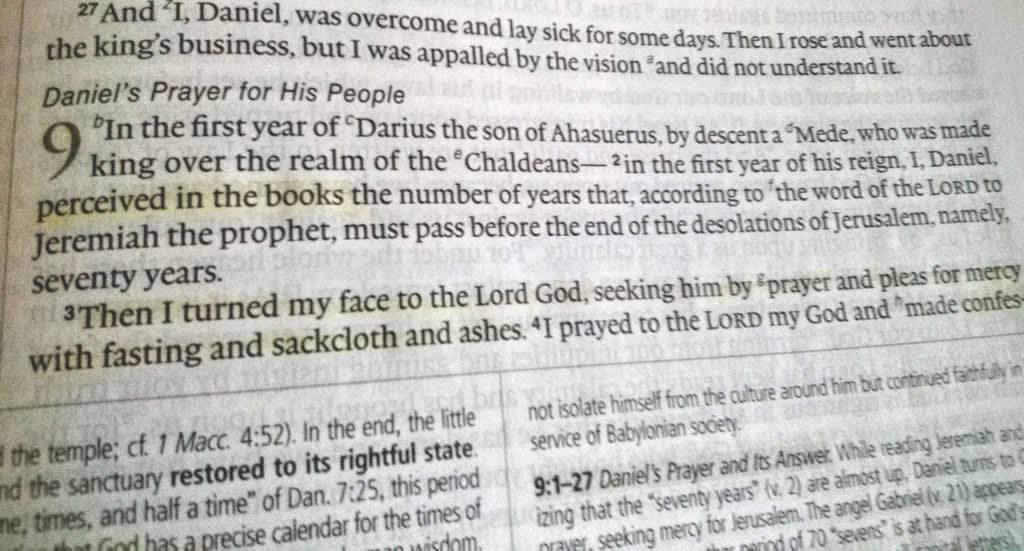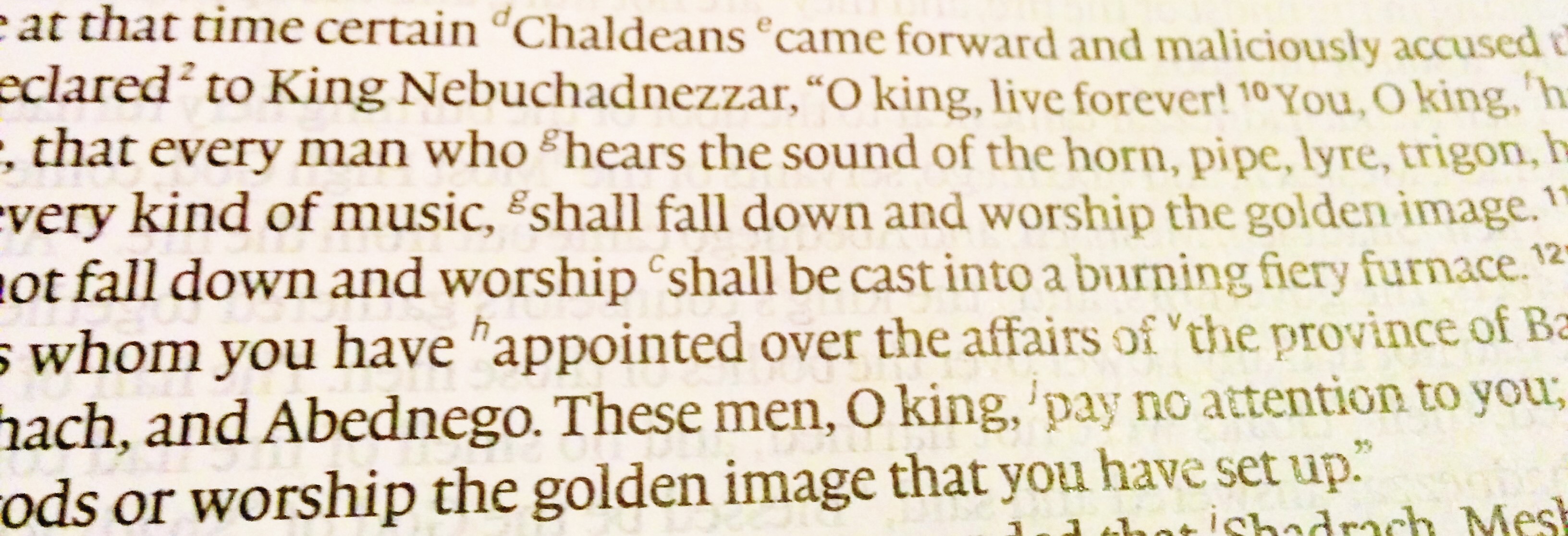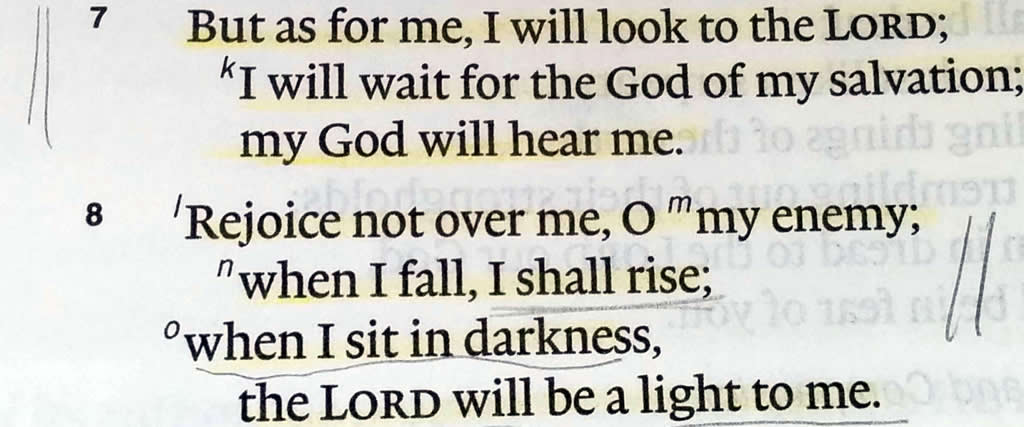We’re told that there are two certainties in this world: death & taxes. I’d like to add another one to that short list: failure! The person who hasn’t failed has done nothing, which, in a sense is in itself a failure. Failure, in reality has its roots in our own origins. We all come from Adam & Eve who first failed by trusting in their own wisdom and disobeying God.
Since then we have seen a series of spectacular failures by the most godly of men: Noah’s drunkenness, Abram’s passing his wife off as his sister, Moses’ murder, Samuel’s failure to discipline his children, Gideon’s idolatry, Samson, David, Solomon and more – all failed. If even the godliest have failed, then what hope have we?
The thing is, it’s when we rely on our own resources instead of God’s that we find those resources to be completely incapable of doing the job.
- Adam thought he knew best
- Noah lived through the most evil of days and then let his guard down when there was no-one but him
- Abram lacked faith
- Moses wouldn’t wait for God
- Samuel failed to learn the obvious lesson from Eli and his sons
- Gideon let fame go to his head
- David stopped fighting and started sinning
- Solomon, for all his wisdom couldn’t keep his mind off the women
At least we know that we’re in good company, but that in itself doesn’t help! It’s not really encouraging to know that we can’t avoid failure, but it’s a starting point.
Henry Ford said “Failure is the opportunity to start again more intelligently”
Churchill saw failure as “Another opportunity to get it right”
The prophet Micah (amongst many others) looked at the failure of his people, Israel, and struggled. Looking around him he saw a hopeless situation. The enemy was much greater than little Israel or Judah could hope to defend against. But, it was more than that.
Woe is me! For I have become
as when the summer fruit has been gathered,
as when the grapes have been gleaned:
there is no cluster to eat,
no first-ripe fig that my soul desires.
The godly has perished from the earth,
and there is no one upright among mankind;
they all lie in wait for blood,
and each hunts the other with a net.
Micah 7:1-2 ESV
From Micah’s perspective it’s over, he’s powerless to help himself, never mind the rest of the nation. He’s run out of energy, power, even the ability to see a way forward. The godly have perished – there’s nothing left in life of any value, there’s no hope!
As Micah looks around him this is all he can see. “Woe is me!” Sound familiar? And yet, as he begins to look beyond himself the tide turns:
But as for me, I will look to the LORD;
I will wait for the God of my salvation;
my God will hear me.
Micah 7:7 ESV
This is what turns the tide, looking to the Lord and not to ourselves. It’s where Adam and Eve first went wrong, it’s where we go wrong – when we fail to look to the Lord.
Here’s the fundamental shift in perspective that we need to make: as for me, I will look to the Lord. Never mind what the world tells you about getting on, realising your dreams, fulfilling your potential – our potential is only ever fully realised as we depend and trust fully in the Lord. Remember that it’s the meek who will inherit the earth.
And so Micah is able to say with conviction:
Rejoice not over me, O my enemy;
when I fall, I shall rise;
when I sit in darkness,
the LORD will be a light to me.
Micah 7:8 ESV
No matter how bleak things look, Micah is sure that when he falls – and he will – he will rise. When he sits in darkness, the Lord will be his light. Whenever we fail, the enemy would convince us that that is the end, that failure is a one way ticket. When you fall, trusting in God, you will rise! God is your light – he has promised that!
Remember when failure comes, and come it will, that it’s not the end, it’s an opportunity, not to dig deeper into our own resources and pull ourselves up by our bootlaces, but it’s a gracious opportunity given by God for us to turn to him in trust as our light, our hope, the ‘lifter of our heads’. He is the one who can and will lift us out of the miry clay and place our feet on the rock.
When I fall, I shall rise – by God’s grace, by trusting him, by wating for the God of our salvation!
Like this:
Like Loading...





